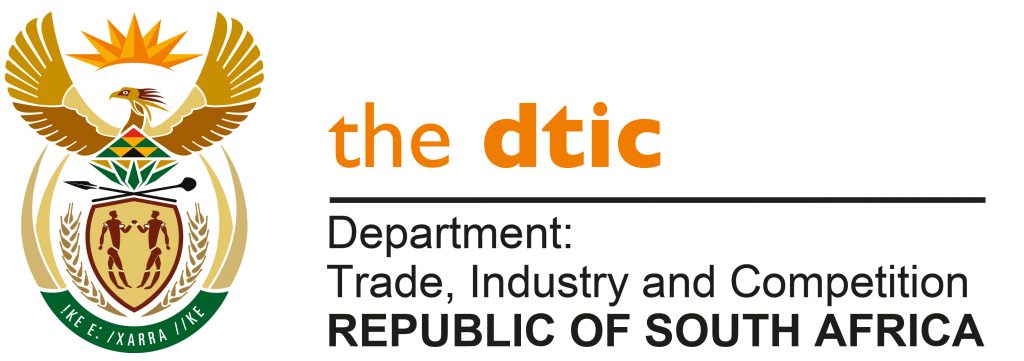Overview
Centuries of scientific, industrial, and economic development have led to tremendous changes in the ways in which humans interact with the environment and that means humanity now faces two of the greatest challenges: (i) Climate change; and (ii) a dramatic decline in the productivity of natural ecosystems and the loss of biodiversity. There is global consensus that this must be addressed as a matter of urgency.
The manufacturing industry is a major contributor to the global environmental challenge, but it also offers enormous potential to improve the livelihood of humans and to make major contributions to the sustainability revolution that is required. It is this potential that policymakers for Strategic Green Industrial Policy need to harness to unlock the new industrial and business opportunities that will contribute to economic growth, job creation and transformation in South Africa.
The entire lifecycle of manufacturing results in negative environmental, human health and welfare externalities. Global increases in the use of consumer products accelerate the depletion of many non-renewable resources and puts pressure on renewable resources. Water is also an important input into many manufacturing processes, but at the same time it is essential for human life. It is therefore also essential that water usage and efficiency within the industrial, commercial and domestic sectors of the economy should be improved.
“Green” Industrial Policy therefore aims to identify and facilitate new industrial and economic opportunities and promote structural change by mitigating against negative environmental conditions arising from rapid industrialisation and promoting development of the circular economy. It implies a conscious choice of new industrial development paths and “leapfrogging” of the traditional path of industrialisation and policy development.
National Cleaner Production Centre of South Africa
The National Cleaner Production Centre South Africa (NCPC-SA) is a national programme of government that promotes the implementation of resource efficient and cleaner production (RECP) methodologies to assist industry to lower costs through reduced energy, water and materials usage, and waste management. It is hosted by the CSIR on behalf of the Department of Trade, Industry and Competition (the dtic).
In the delivery if its mandate, the NCPC-SA focuses its activities in three impact areas –
- Support industry to adapt to the transition to a green economy through RECP
- Build local skills and capacity required for a green economy
- Advise and inform industry and government on the potential benefits of RECP
Other areas of work
- Renewable Energy
- Recycling and Waste management
- Water and sanitation
- Low carbon Transport
- Climate compatible industrialisation
- Carbon reporting, monitoring and verification
- Environmental Implementation Plan (EIP)
Contact details
Gerhard Fourie
Chief Directorate: Green Industries
(012) 394 1151;


